- 全部删除
 您的购物车当前为空
您的购物车当前为空
PLK1 Protein, Human, Recombinant (His)
一键复制产品信息产品编号 TMPY-04376
PLK1 Protein, Human, Recombinant (His) is expressed in Baculovirus insect cells with His tag. The predicted molecular weight is 70.5 kDa and the accession number is P53350.

PLK1 Protein, Human, Recombinant (His)
一键复制产品信息产品编号 TMPY-04376
PLK1 Protein, Human, Recombinant (His) is expressed in Baculovirus insect cells with His tag. The predicted molecular weight is 70.5 kDa and the accession number is P53350.
| 规格 | 价格 | 库存 | 数量 |
|---|---|---|---|
| 5 μg | ¥ 585 | 6-8日内发货 | |
| 10 μg | ¥ 958 | 6-8日内发货 | |
| 20 μg | ¥ 1,590 | 5日内发货 | |
| 50 μg | ¥ 3,170 | In stock | |
| 100 μg | ¥ 5,420 | 5日内发货 | |
| 200 μg | ¥ 9,260 | 5日内发货 | |
| 500 μg | ¥ 18,700 | 5日内发货 |
大包装 & 定制
加入购物车
TargetMol 的所有产品仅用作科学研究或药证申报,不能被用于人体,我们不向个人提供产品和服务。请您遵守承诺用途,不得违反法律法规规定用于任何其他用途。
产品信息
| 生物活性 | The specific activity was determined to be >3 nmol/min/mg using casein as substrate. |
| 产品描述 | PLK1 Protein, Human, Recombinant (His) is expressed in Baculovirus insect cells with His tag. The predicted molecular weight is 70.5 kDa and the accession number is P53350. |
| 种属 | Human |
| 表达系统 | Baculovirus Insect Cells |
| 标签 | N-His |
| 蛋白编号 | P53350 |
| 别名 | STPK13,polo-like kinase 1,PLK |
| 蛋白构建 | A DNA sequence encoding the human PLK1 (NP_005021.2) (Met 1-Ser 603) was expressed, with a polyhistidine tag at the N-terminus. Predicted N terminal: His |
| 蛋白纯度 | ≥ 90 % as determined by SDS-PAGE. ≥ 95 % as determined by SEC-HPLC. 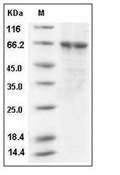 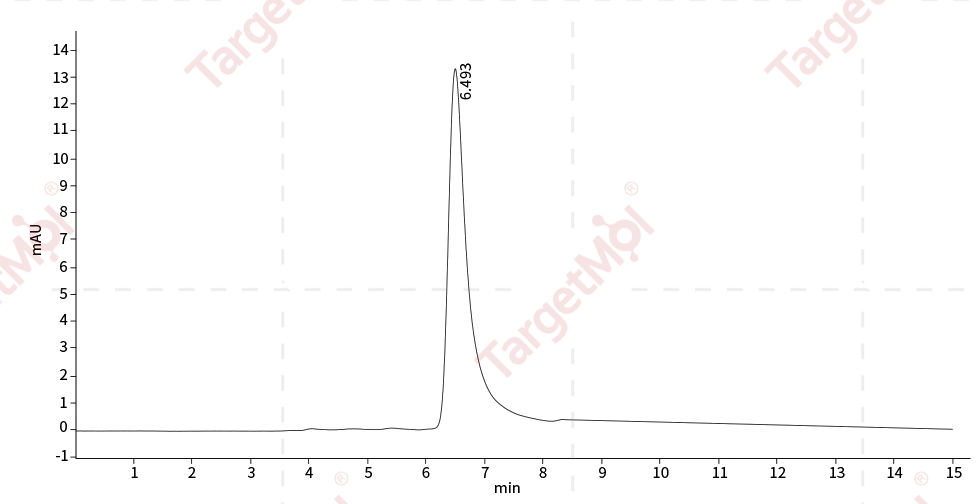 |
| 分子量 | 70.5 kDa (predicted); 66 kDa (reducing conditions) |
| 内毒素 | < 1.0 EU/μg of the protein as determined by the LAL method. |
| 蛋白性状 | Solution |
| 缓冲液 | Supplied as sterile 50 mM Tris, 100 mM NaCl, pH 7.4, 0.5 mM EDTA, 0.5 mM EGTA, 0.5 mM PMSF, 25% glycerol. |
| 复溶方法 | A Certificate of Analysis (CoA) containing reconstitution instructions is included with the products. Please refer to the CoA for detailed information. |
| 存储 | It is recommended to store the product under sterile conditions at -20°C to -80°C. Samples are stable for up to 12 months. Please avoid multiple freeze-thaw cycles and store products in aliquots. |
| 运输方式 | Kinases are highly recommended to be shipped at frozen temperature with blue ice or dry ice. |
| 研究背景 | Serine / threonine-protein kinase PLK1 / PLK-1, also known as polo-like kinase 1 (PLK-1) or serine / threonine-protein kinase 13 (STPK13), Polo-like kinases (PLKs), is a family of four serine / threonine protein kinases that are critical regulators of cell cycle progression, mitosis, cytokinesis, and the DNA damage response. PLK1 / PLK-1 is ubiquitously expressed. The mRNA and protein expression of PLK1 / PLK-1, -2 and -4 are coordinately regulated during cell cycle progression, but PLK3 levels are independent of the other three family members. PLK1 / PLK-1 is the most well-characterized member of this family and strongly promotes the progression of cells through mitosis. During the various stages of mitosis PLK1 / PLK-1 localizes to the centrosomes, kinetochores and central spindle. PLKs are dysregulated in a variety of human cancers. PLK1 / PLK-1 overexpression correlates with cellular proliferation and poor prognosis. Serine / threonine-protein kinase that performs several important functions throughout M phase of the cell cycle, including the regulation of centrosome maturation and spindle assembly, the removal of cohesins from chromosome arms, the inactivation of APC / C inhibitors, and the regulation of mitotic exit and cytokinesis. It is required for recovery after DNA damage checkpoint and entry into mitosis. PLK1 / PLK-1 is required for kinetochore localization of BUB1B, spindle pole localization of isoform 3 of SGOL1 and plays a role in regulating its centriole cohesion function. PLK1 / PLK-1 Phosphorylates BORA, and thereby promotes the degradation of BORA. PLK1 / PLK-1 also contributes to the regulation of AURKA function and phosphorylates SGOL1. |
计算器
SCI 文献
技术支持
请阅读 重组蛋白用户指南 了解更多具体信息.










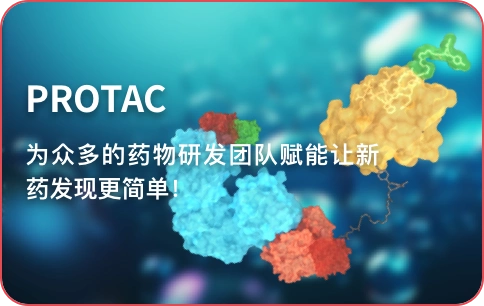







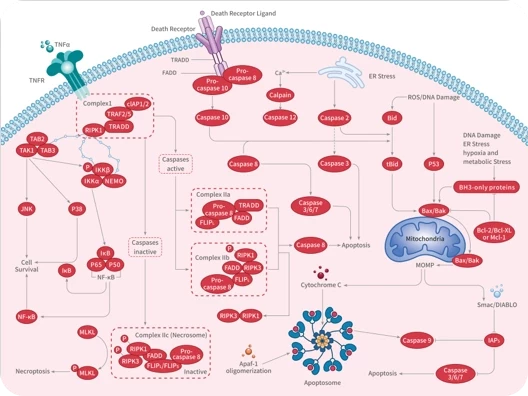
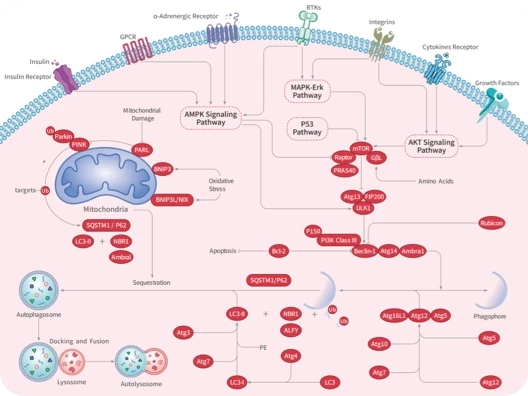

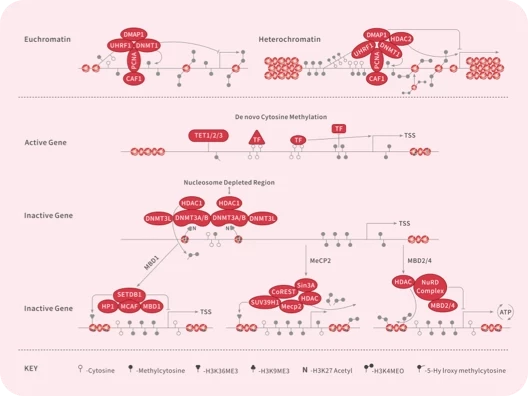
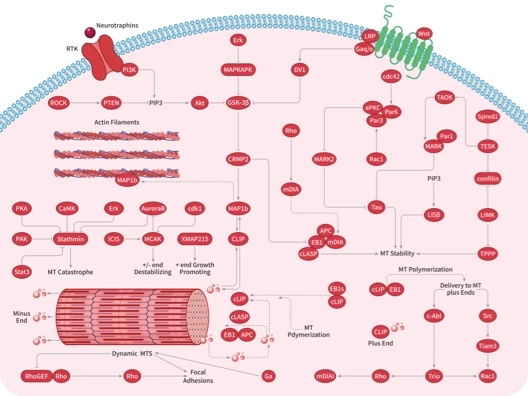
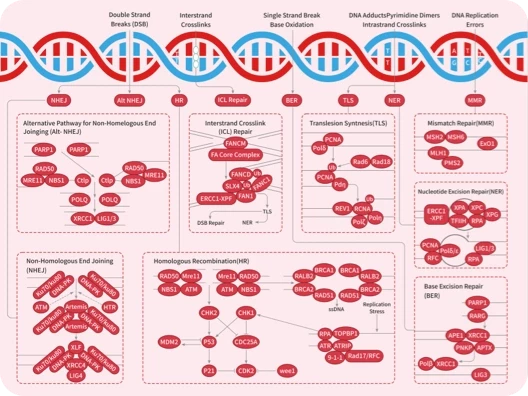
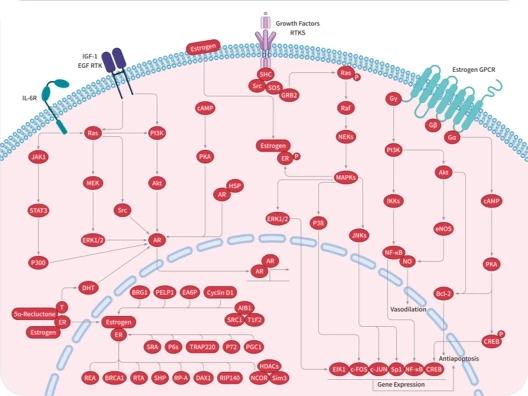
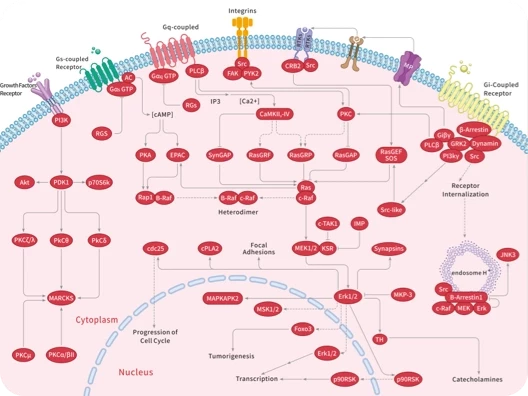
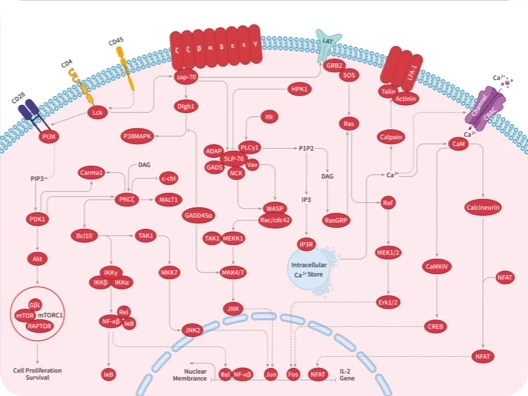
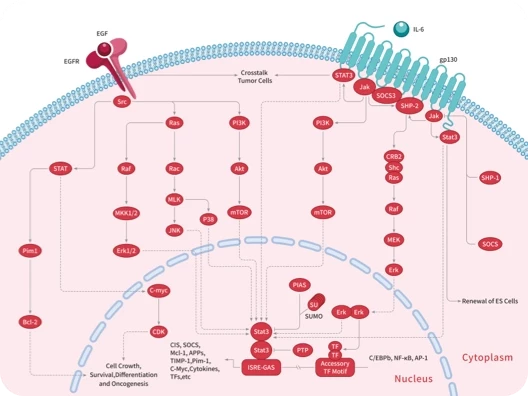
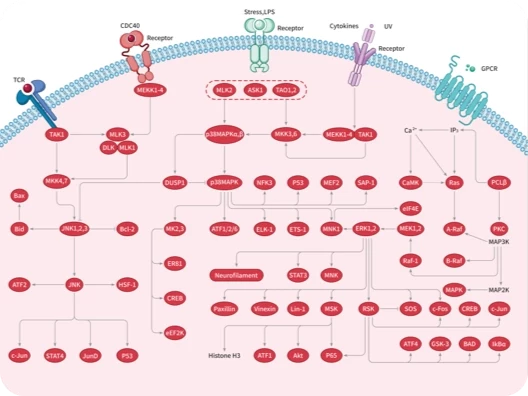
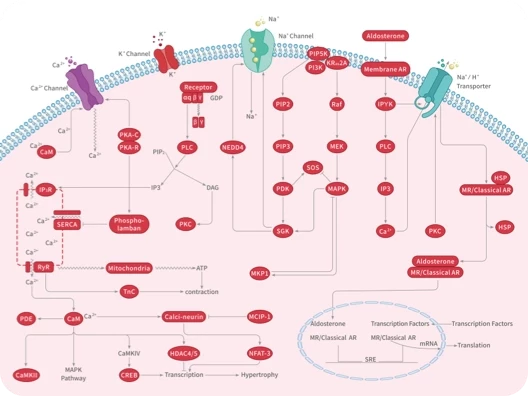
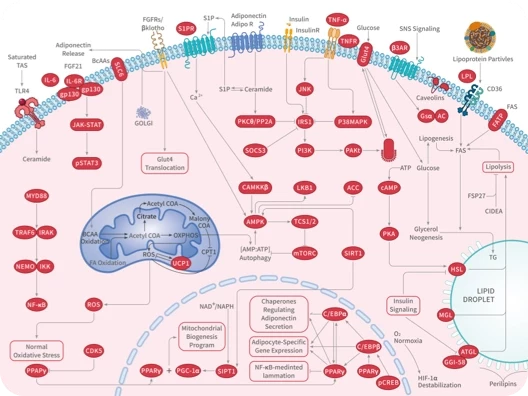
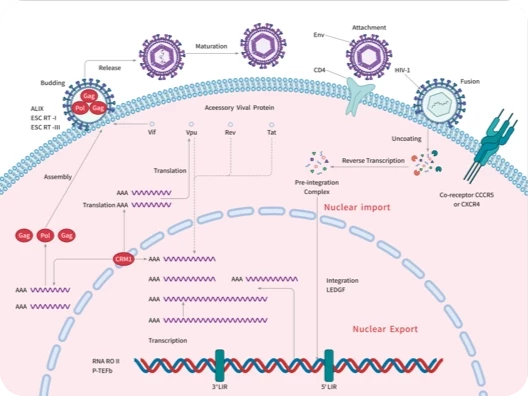

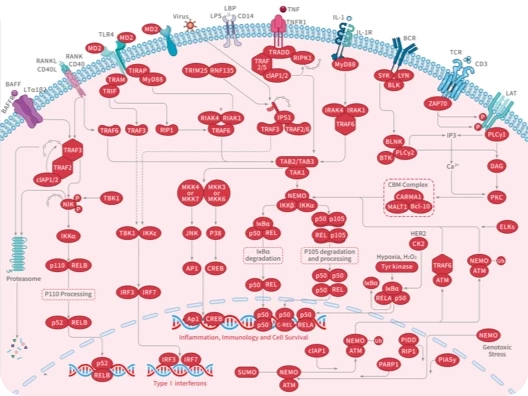
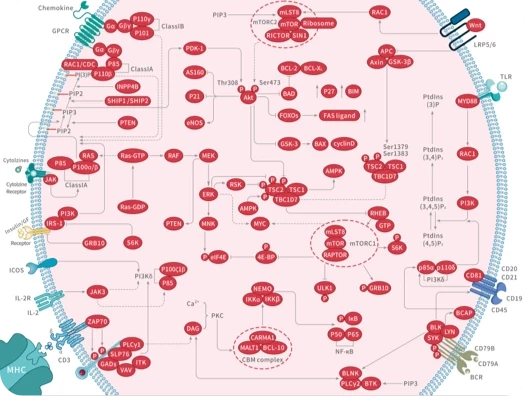
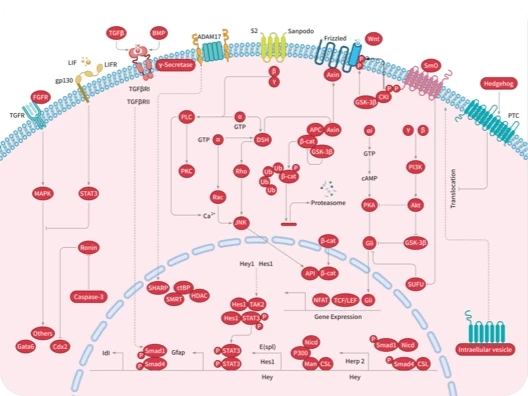
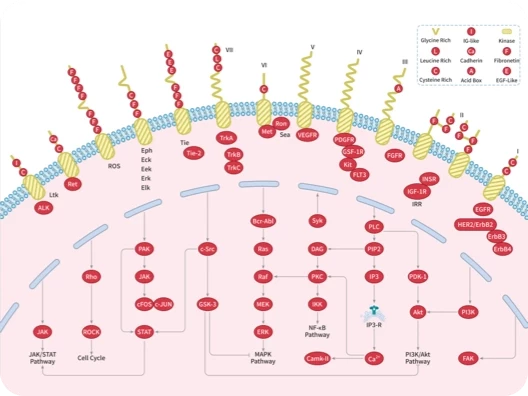
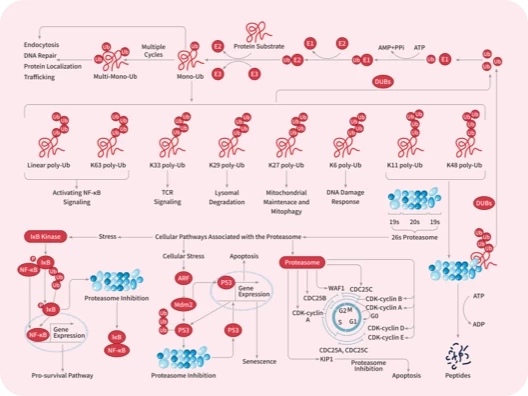


 |
|